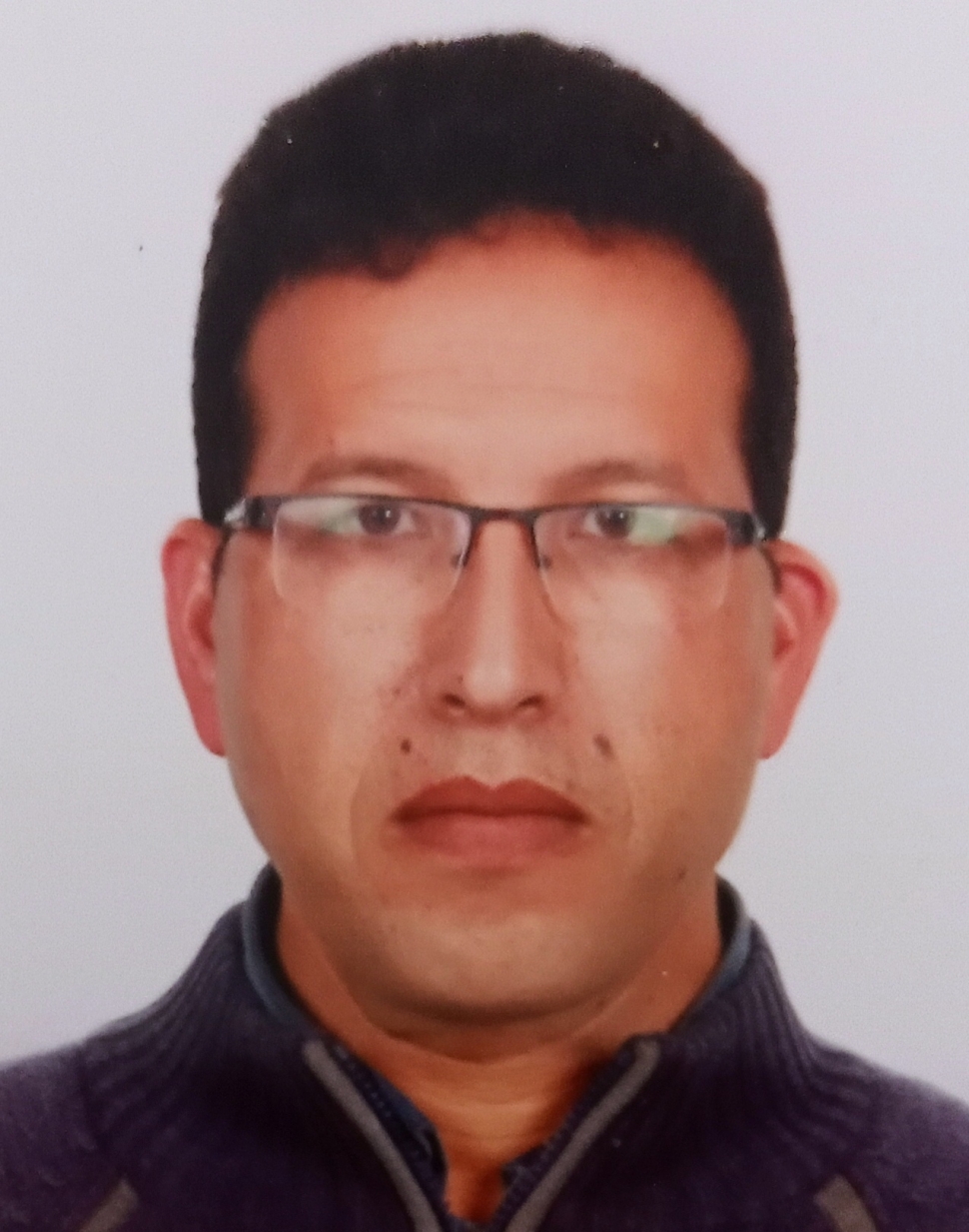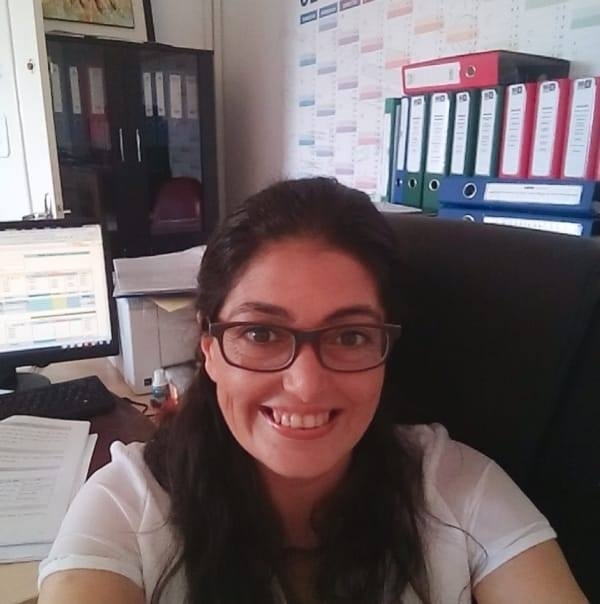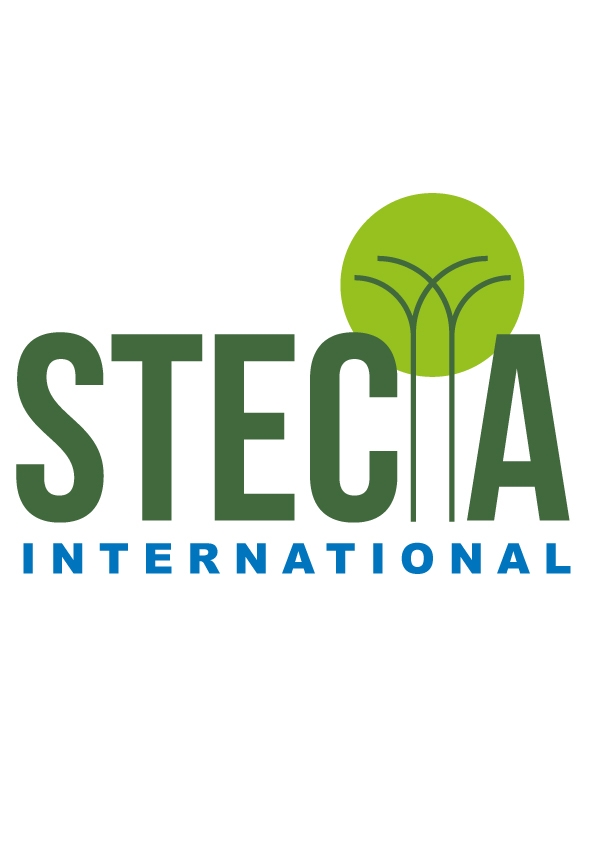
Mohamed Fethi Diouani/Institut Pasteur de Tunis
Recherche partenariat
Dr Mohamed Fethi Diouani achived more then twenty (20) years of significant and progressive veterinary scientific research activities.
In current position, as Veterinary Senior at Pasteur Institute of Tunis, Tunisia, his research activities are focused on the development of bio-sensors as new tools for detection/diagnostic of infectious diseases that target rapidly, with simplicity and in field condition, the majority of pathogens biomarkers (proteomic, genomic, metabolomic and volatolomic). In this research area, label-free immuno-electrochemical impedimetric method was developed for detection of viral pathogens (avian influenza virus and rabies virus) and label free square wave method for immune-electrochemical detection of M. tuberculosis virulent factor for tuberculosis diagnostic. A chronoamperometric method for leishmania parasite detection and quantification was developed, using gold nanoparticules, as a promising tool for theranostic and diagnostic of leishmaniasis in field conditions. Organic Volatile Compounds specifically related to diseases was also target and actually, we work on a research program for the development of an electronic nose as a noninvasive breath test for early diagnosis of tropical diseases/leishmaniasis, hydatidosis and Bovine Tuberculosis. This work was supported by the European H2020 RISE programs.
In prior positions, as a veterinary doctor in the Laboratory of Epidemiology and Ecology of Parasite, Pasteur Institute of Tunis, Tunisia, more ten 10 years research activities was dedicated to eco-epidemiological studies of zoonotic infectious diseases widely prevalent in Tunisia, around the Mediterranean region and also worldwide manly leishmaniasis, hydatidosis and rabies. My works are focused on eco-epidemiological investigations in animal's reservoirs mainly dog for leishmaniasis, hydatidosis and rabies and wild rodents for cutaneous leishmaniasis. Those research activities were performed in rural and wilderness areas. Results have allowed us a good understanding of the population dynamics of the studied reservoirs and good eco-epidemiological characterization of risk factors of studied diseases. Undoubtedly, this was used to undertake clinical trials of veterinary use rabies vaccines (Rabies DNA vaccine and cell culture vaccine) newly developed by our research team in order to improve the control of rabies dogs as reservoirs of the virus in Tunisia.
Mots clés et domaine d'activité:
Accédez au prémier réseau pour la cooperation européenne
Se connecter
ou
Créer un compte
Pour accéder à toutes les informations disponibles
Develop practical and efficient approach for infectious diseases control and monitoring
Institut de recherche
Santé et bien-être des animaux
Biotechnologie
Biotechnologie médicale
Nanotechnologie et nanosciences
il y a 7 ans
































S'il vous plaît Se connecter pour voir cette section